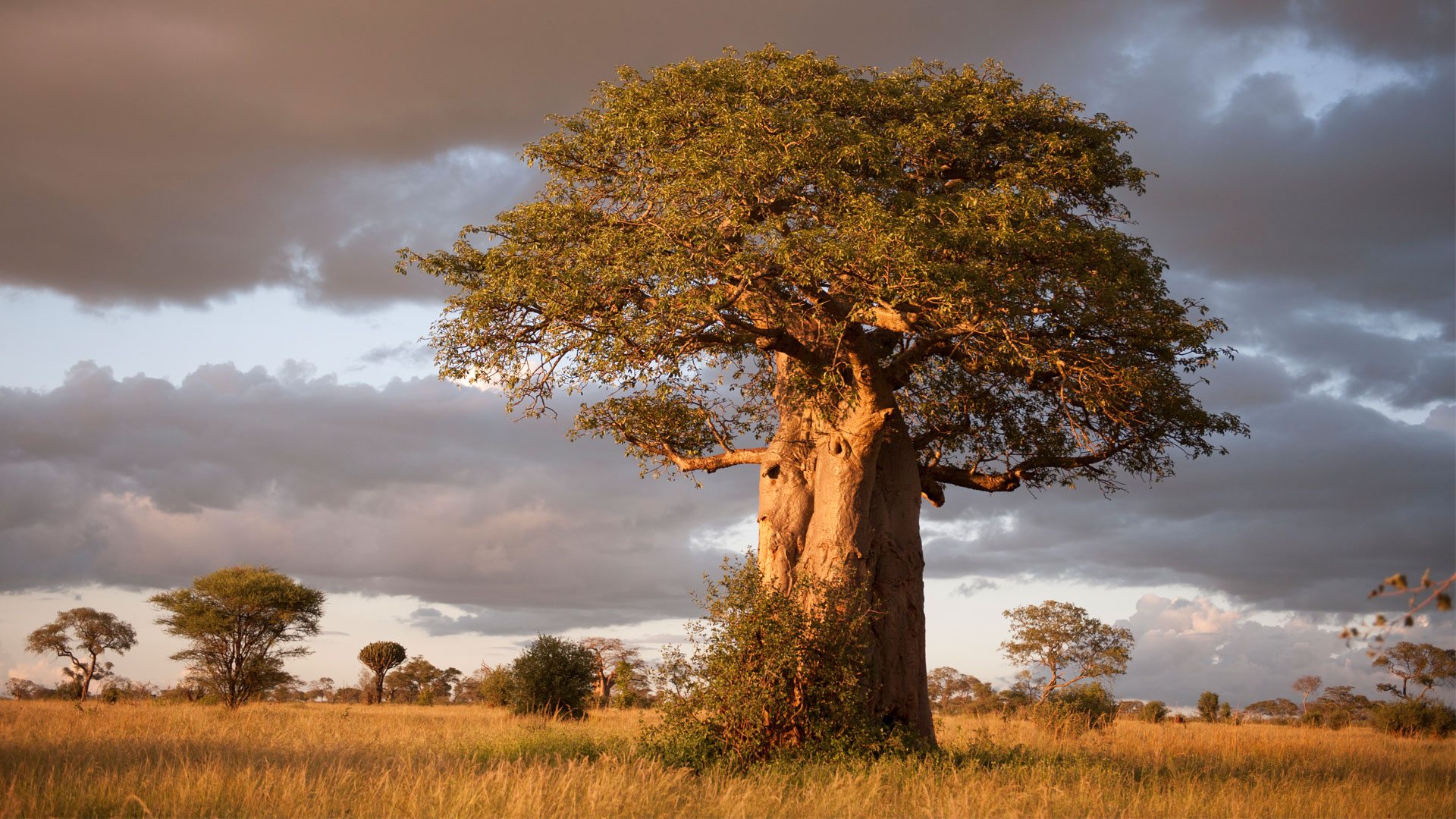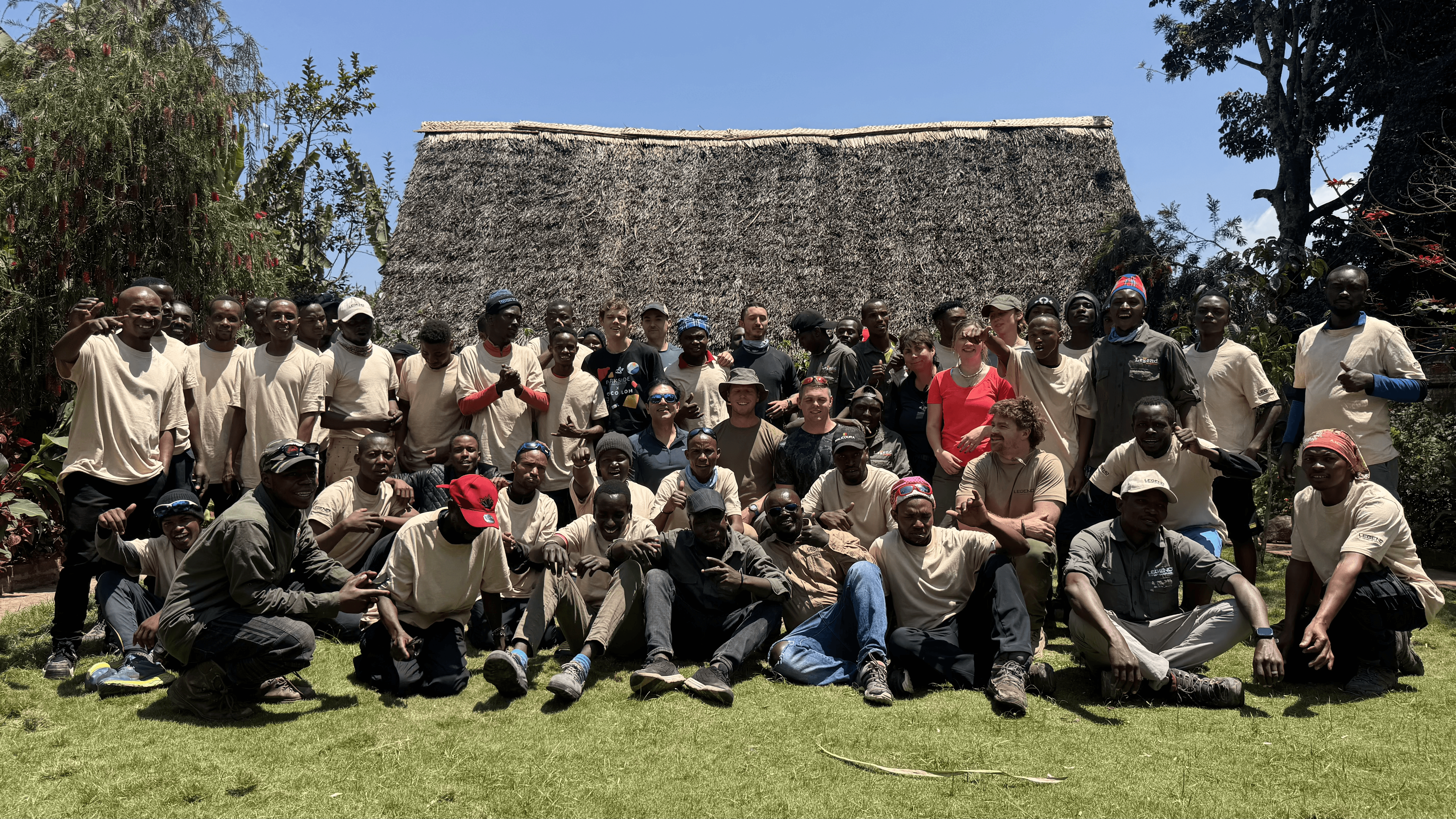CREATE YOUR LEGEND IN 2026 | SECURE YOUR PLACE WITH JUST $100 AUD DEPOSIT | PAYMENT PLANS AVAILABLE
OVERVIEW
When preparing for Mount Kilimanjaro, the real challenge often isn’t just physical. It’s mental. Trekkers frequently focus on gear and altitude, but experienced adventurers know that mindset is a major factor in summit success.
Introducing Jack Fleckney
Co-Founder Jack Fleckney has faced and overcome some of the toughest adventures in the world. From rowing across the Atlantic Ocean, kayaking the Okavango Delta, to setting 24-hour fitness world records, Jack’s unique mindset strategies have helped him and countless others reach their expedition goals.
Published by
Jack Fleckney
I’m Jack Fleckney, Co-Founder of Legend Expeditions. My career as an expedition athlete has taken me from rowing across the Atlantic Ocean, kayaking the vast Okavango Delta, and setting Guinness World Records for 24-hour fitness. At 17, I joined the Royal Marines Commandos, enduring a nine-month selection. Those diverse journeys taught me the same lesson you’ll need for Kilimanjaro: Mental resilience determines whether you reach your goals.
The Real Challenge: It’s Always Mental
Most climbers obsess over equipment and training. But no matter how perfect the kit or how strong the legs, the real challenge on Kilimanjaro happens between your ears. I’ve seen ultra-athletes and first-timers alike hit tough moments, the ones that threaten to derail a climb.
What sets successful summiters apart? Their mindset. Stress is inevitable, but how you handle it makes all the difference.
The Stress Shield: Understanding and Building Mental Resilience
Imagine your mind as a shield; it can take stress, up to a point. If you let pressure pile up without processing it, that shield can break. The good news is you can train your stress shield like any muscle.
Three Types of Stress And How to Manage Each
1. External Stress
Weather, logistical surprises, or itinerary changes are outside of your control. At Legend Expeditions, we handle everything from changing trail routes to unexpected storms. Your job is to trust the team and let go of what you can’t control.
2. Physical Stress
Fatigue, soreness, altitude headaches. These are normal. Experience helps: train with small, progressive hikes. Build up your stamina and get used to being outside your comfort zone. On Kili, manage physical stress by pacing yourself, hydrating, fueling with good food, and resting when you need to.
3. Mental Stress
Every negative thought, “I don’t think I can do this,” “The summit is too far”, originates with you. On Kilimanjaro, especially during the summit push, these doubts grow loud. Here’s my secret: reframe them. If you’re only halfway, say “I’m already halfway.” Every small goal achieved is a victory.
Training Your Stress Shield: Preparation is Everything
You don’t become mentally strong overnight; the process is gradual. If you’re planning to climb Kilimanjaro, start now:
Hike local hills, then mountains. Start small, and build up the challenge and distance each week.
Face some discomfort: hike in bad weather, push through tiredness, try night hikes.
Every time you stretch your mental shield, you’ll be better prepared for intense moments on the mountain.
When Kilimanjaro gets tough and summit night always does, you’ll be able to tell yourself, “I’ve struggled before, and I made it through. I can do this again.”
Cheerfulness in the Face of Adversity: Lessons from the Royal Marines
As part of the Royal Marines Commandos, I learned one ethos that I carry into every expedition:
Cheerfulness in the face of adversity.
When you reach the hardest points, cold, tired, and anxious………smile. Not many people get the chance to experience real adversity on Africa’s highest mountain. When I brief climbers before summit night, I say: smile, embrace the discomfort, and remember you’re making memories most people only dream of.
Advice for the Climb: Positive Mindset, Small Goals, Whole-Team Support
Focus on one step at a time. Don’t dwell on the summit for six days; focus on your next campsite, your next small break, or even just ten more steps.
Turn negatives into positives. Thoughts like “I’m only halfway” become “I’m already halfway.” Each milestone is forward momentum.
Speak to the team, don’t isolate. If stress builds, anxiety follows. The only way to fix anxiety is to address the cause. On Kilimanjaro, talk to your guides and fellow climbers; they’ve likely felt what you’re feeling.
Let the guides handle the big stuff. Logistics, weather, these are our job. Your job is to arrive physically prepared and mentally flexible.
Celebrate adversity. Every time you face a tough moment, you’re building character and experience. Smile, because you’re proving you can do hard things.
The Mindset that Reaches the Summit
Remember, everyone who climbs Kilimanjaro feels pressure. What matters is how you prepare for adversity and how you respond when things get hard. The trek forces you out of your comfort zone and asks, "How will you respond?"
The climbers with the strongest minds, the most positive outlook, and the ability to break the journey down into manageable pieces are the ones who reach the summit with a sense of achievement and pride.
Need Advice or Support? Book a Call with Jack
Worried about the mental side of Kilimanjaro? Want to talk through your preparation, training, or how to manage moments of doubt on the mountain?
Book a call with me, Jack Fleckney, and let’s get you mentally ready for Africa’s greatest challenge.
Book a Call Now
Jack Fleckney





